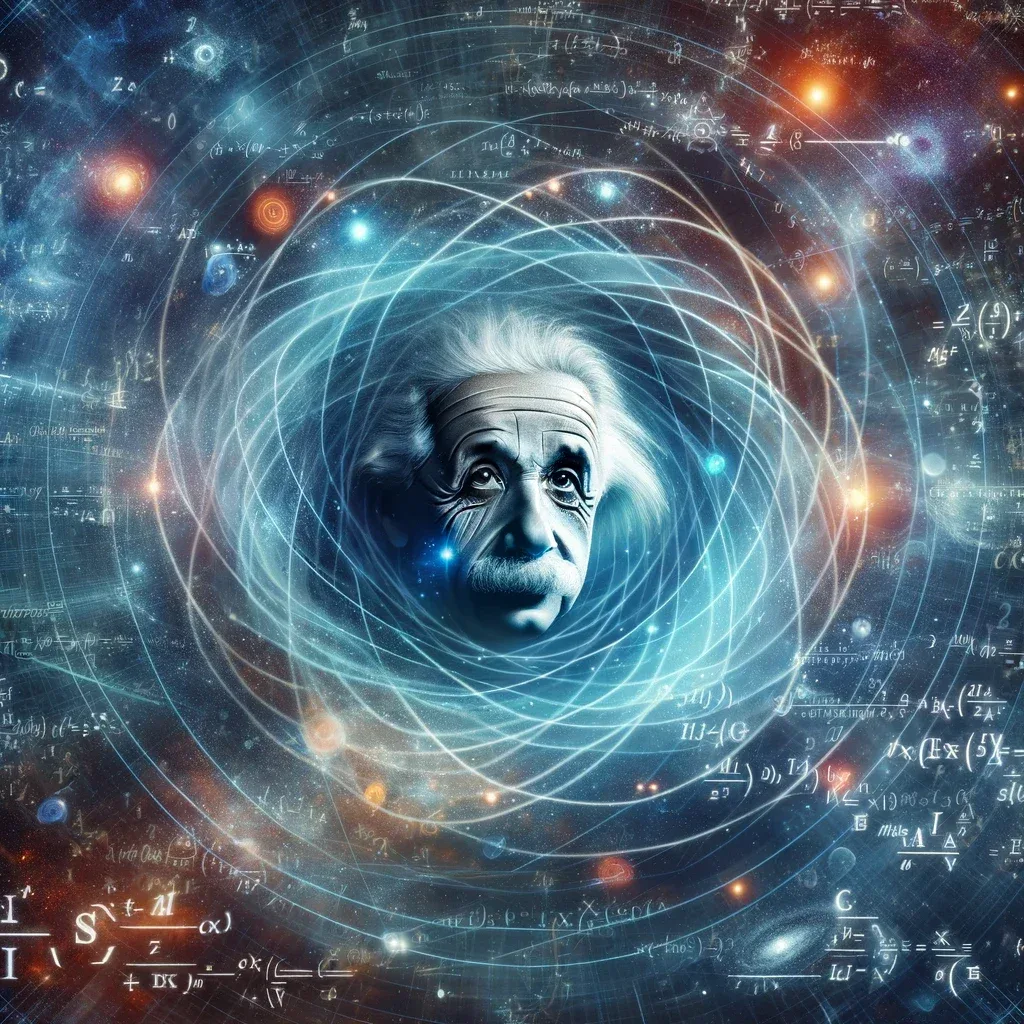Albert Einstein, one of the greatest scientists of the XNUMXth century, is often associated with pantheism in discussions about his spiritual beliefs. This article explores the relationship between Einstein and pantheism, a belief that identifies God with the universe and nature. Let's dive into Einstein's life and beliefs to understand whether he truly aligned himself with pantheism.
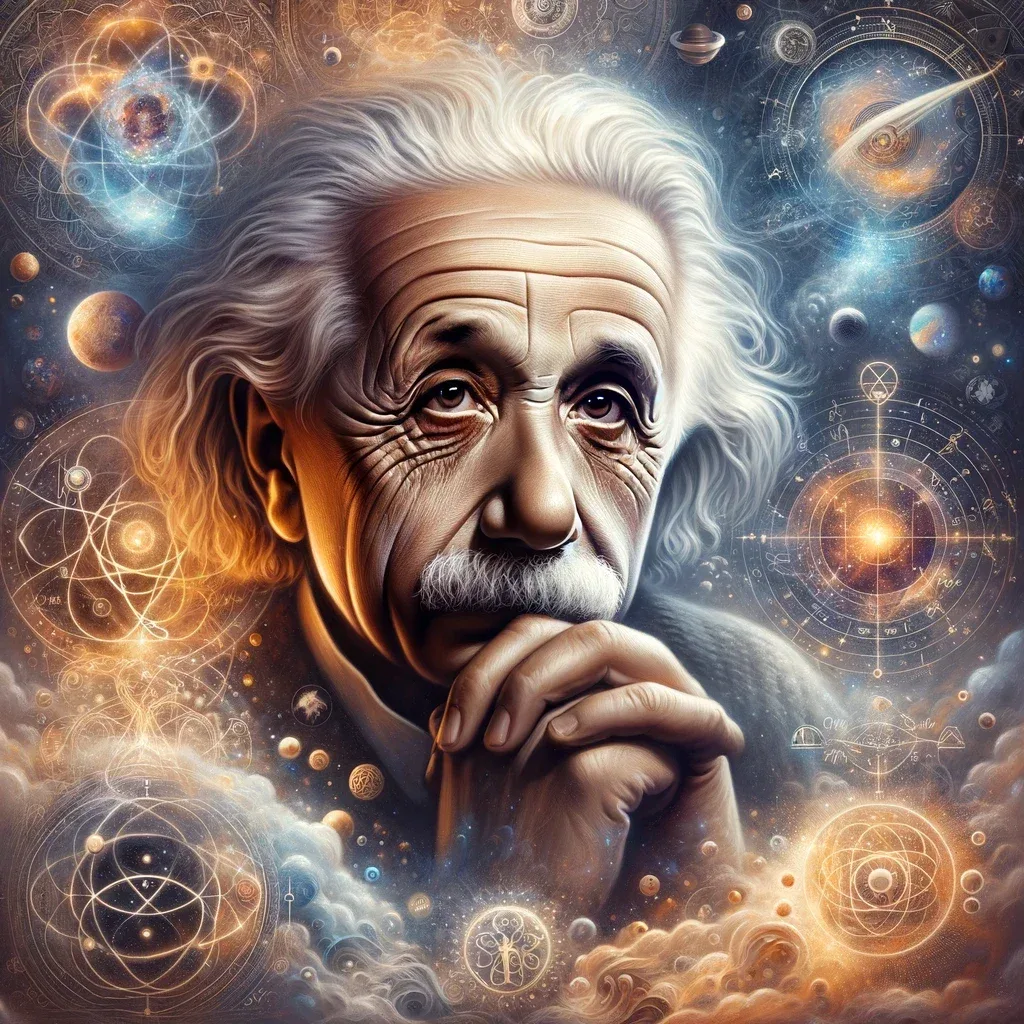
Introduction
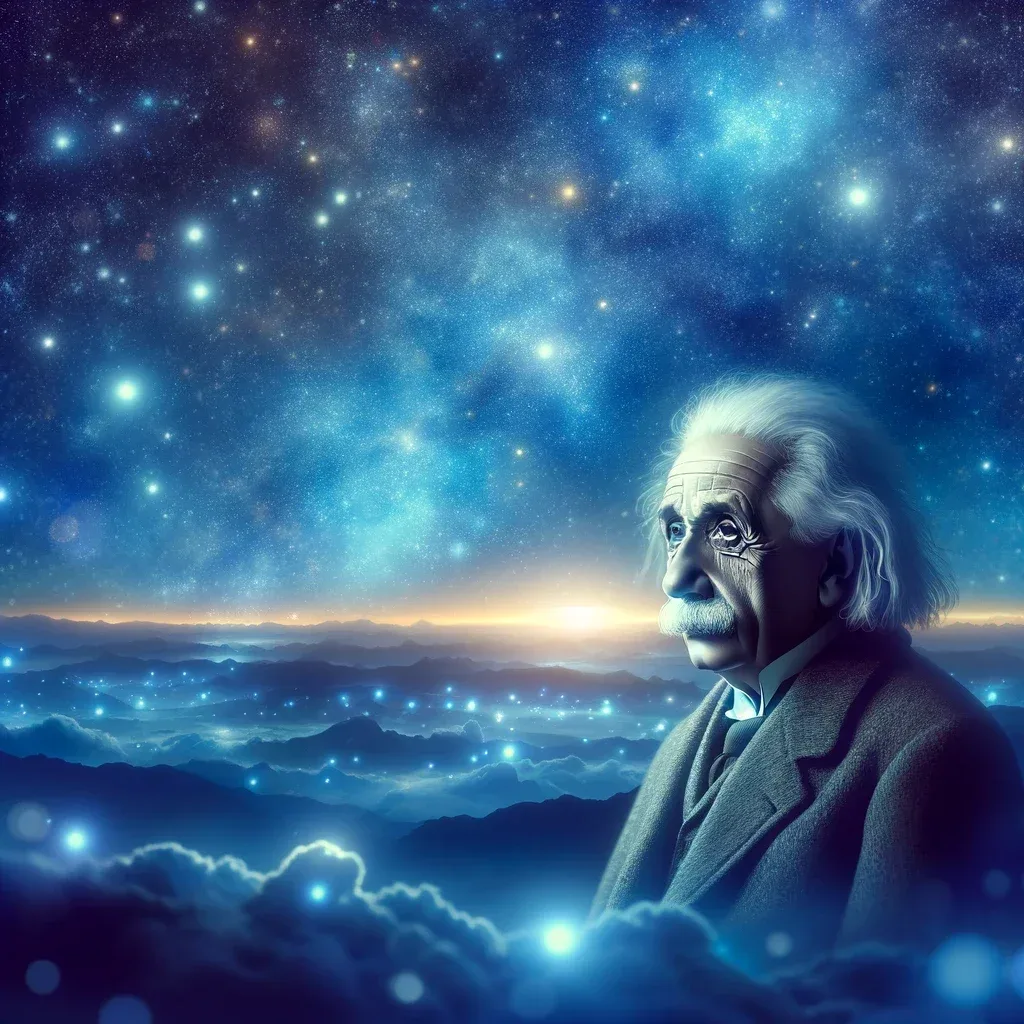
Albert Einstein, known for his revolutionary contributions to physics, is also remembered for his reflections on religion and spirituality. Although he was not conventionally religious, Einstein expressed ideas that many interpret as pantheistic. In this article, we will examine his statements and writings to better understand his spiritual vision.
What is Pantheism?
Pantheism is the belief that the universe and everything in it is a manifestation or expression of a divine force. Unlike theism, which views God as an entity separate from the universe, pantheism identifies God with the universe.
Einstein's Spirituality
Einstein, raised in a Jewish family, expressed doubts about conventional religion from an early age. He was interested in the complexity and beauty of the universe, which many interpret as a pantheistic inclination.
Einstein and his Statements about God
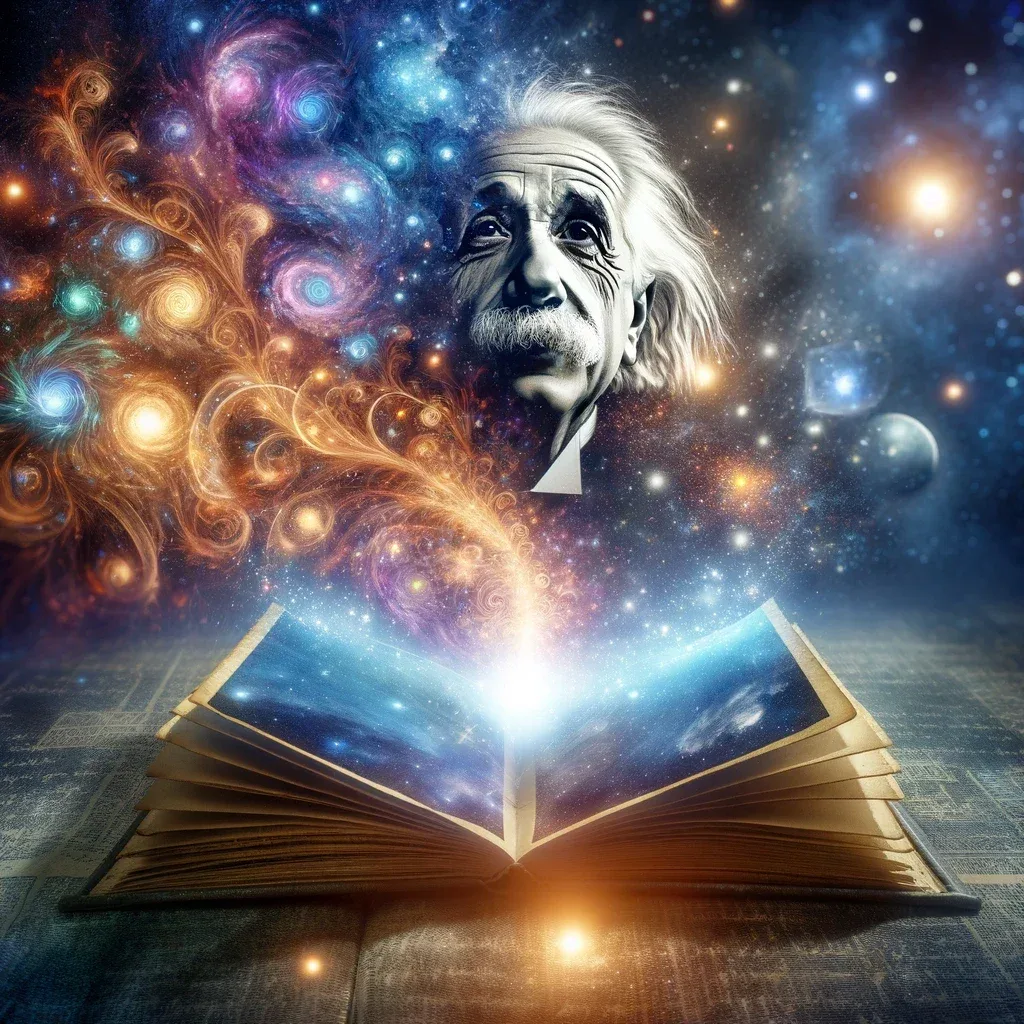
Einstein often used religious language to describe his scientific experiments, but he was careful to differentiate his personal beliefs from traditional beliefs in a personal God.
“God doesn’t play dice”
This famous, often misinterpreted quote from Einstein reflects his reluctance to accept quantum mechanics, but does not necessarily indicate belief in a personal or pantheistic God.
Einstein and the Cosmic Order
Einstein spoke of the harmony and order of the universe as “manifest reason” or “the mind of God,” phrases that some interpret as evidence of his pantheistic beliefs.
Interpretations of your Beliefs
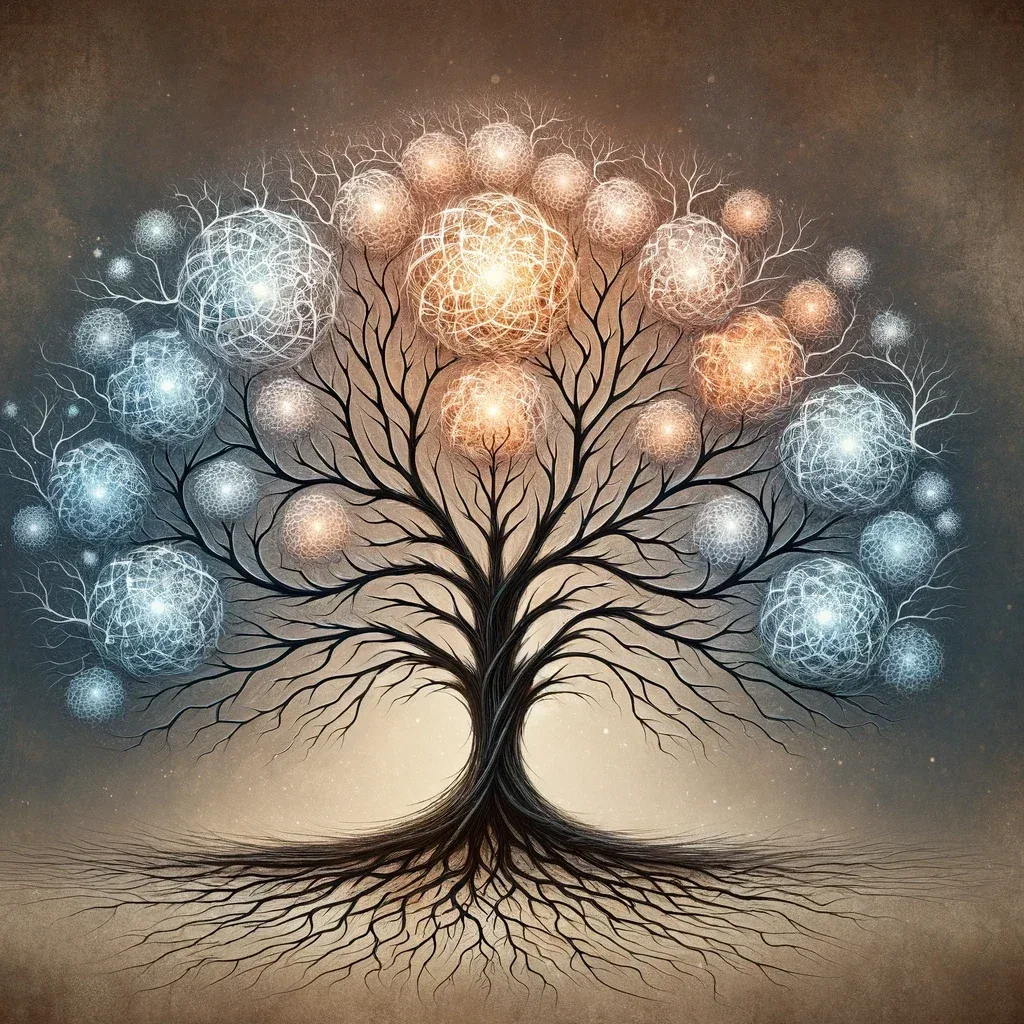
Einstein challenged conventional definitions of God and religion, which led to various interpretations of his beliefs.
Einstein and Judaism
Despite his Jewish origins, Einstein moved away from traditional religious practices, although he respected and admired Jewish cultural tradition.
Philosophical Views
In addition to his scientific contributions, Einstein was known for his philosophical reflections, which often mixed science, religion and philosophy.
The Universe and Spirituality
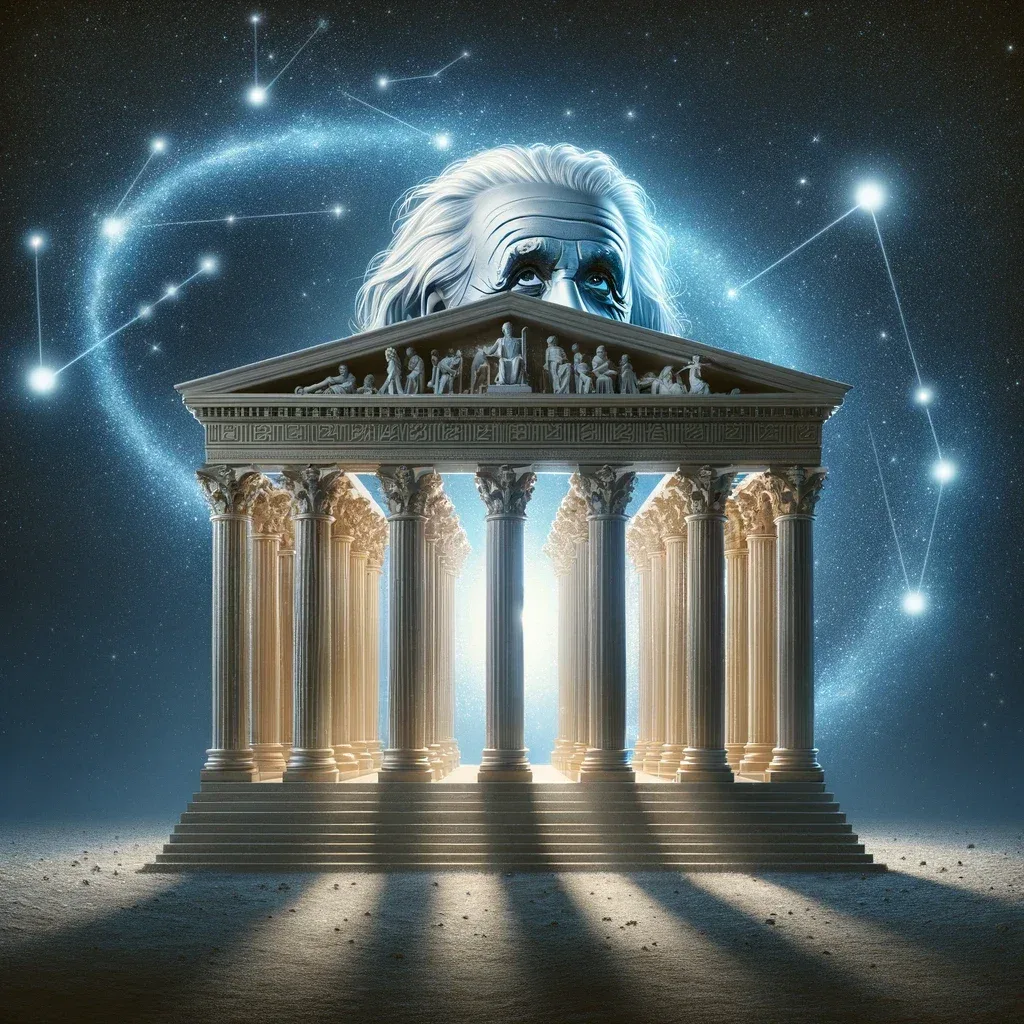
Einstein expressed a sense of reverence and wonder for the universe, which some interpret as pantheism.
Scientific Wonder
For Einstein, wonder at the beauty and complexity of the universe was a spiritual experience, but not necessarily religious in the traditional sense.
Einstein and Science
Its scientific approach, focused on the search for universal laws, can be seen as a form of pantheism, where “God” is the sum total of natural laws.
Conclusion
Although some of Einstein's statements and beliefs could be interpreted as pantheistic, he did not explicitly adhere to this belief. His worldview was complex and multifaceted, combining a deep respect for the natural order with a skepticism toward traditional religious beliefs. Thus, while Einstein expressed ideas that resonate with pantheism, he remained an independent thinker and original in his spiritual beliefs.
FAQ: Understanding Einstein's Spiritual Beliefs
In this FAQ, we explore the most common questions about Albert Einstein's spiritual beliefs, focusing on his possible inclination toward pantheism, offering detailed answers based on his statements and writings.
